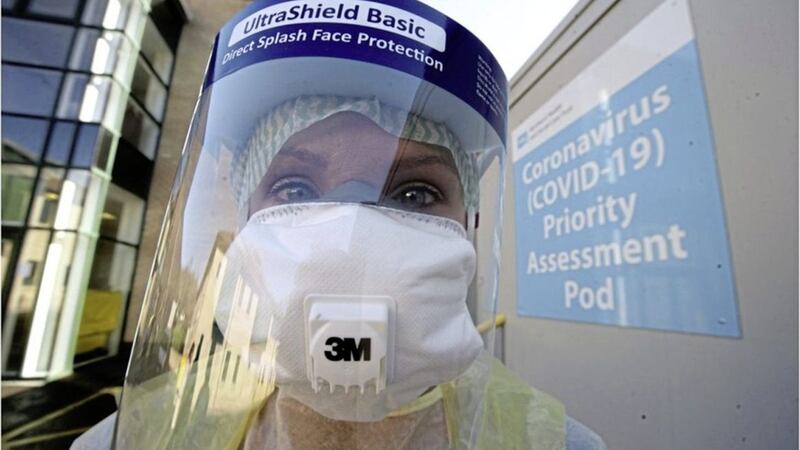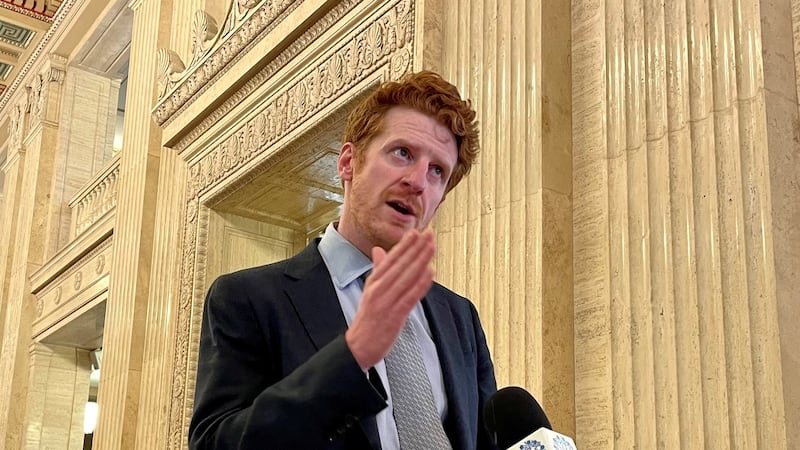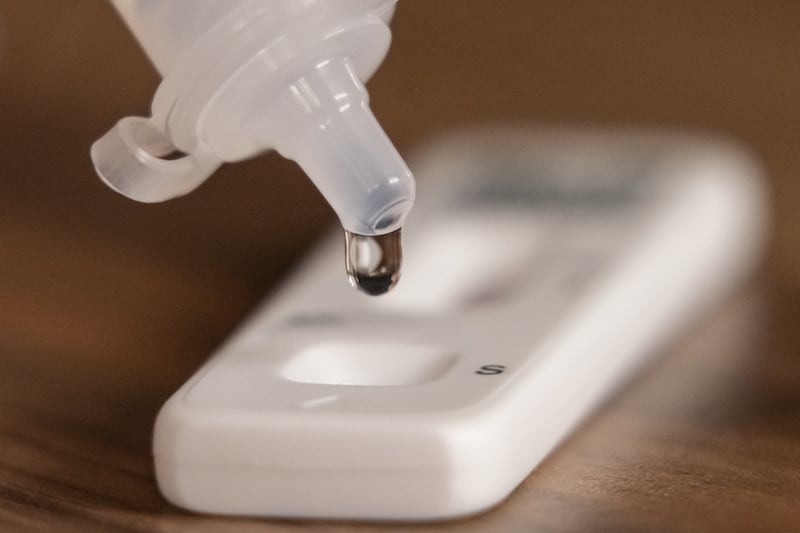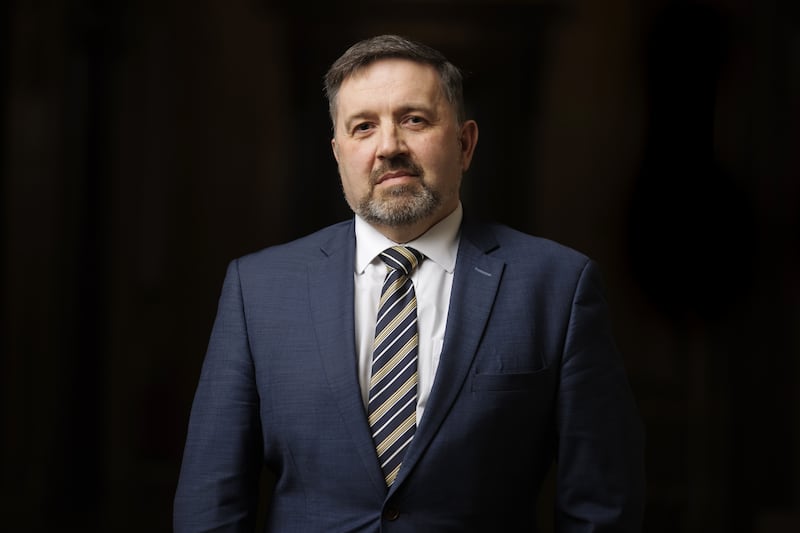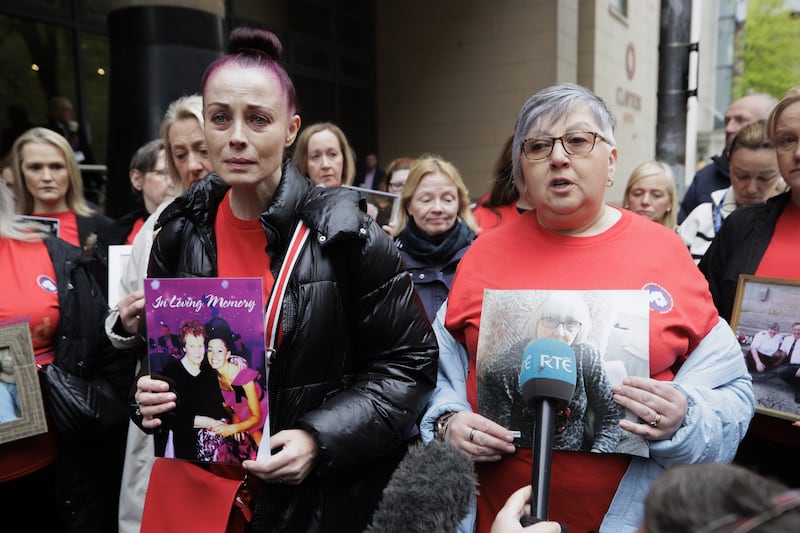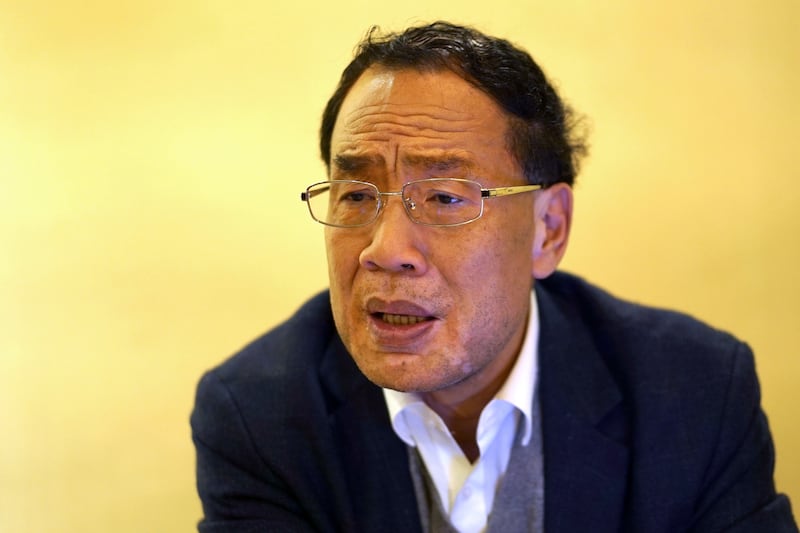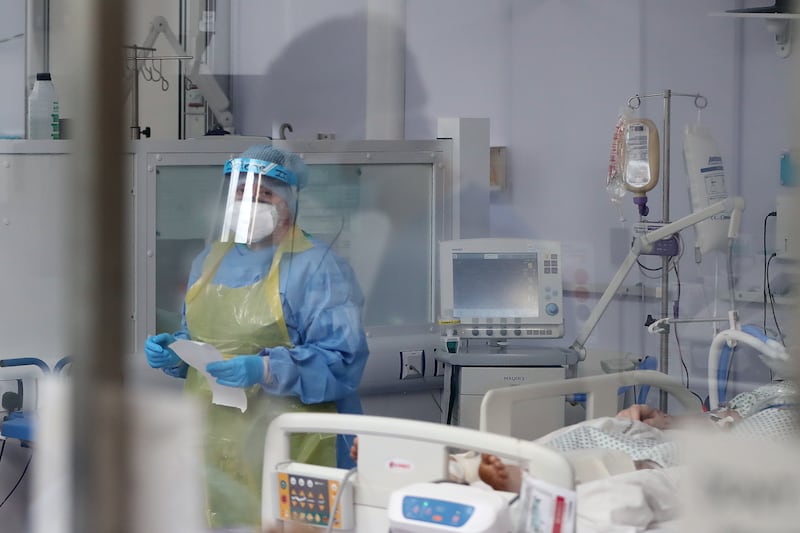WARNINGS about shortages of vital PPE masks required for a second coronavirus wave have been revealed - with supply "uncertain" beyond the end of summer.
Concerns about the availability of FFP3 masks, which offer the highest level of protection to frontline staff working in Covid wards, operating theatres and intensive care units, are outlined in a roadmap document published by the Department of Health.
During the first outbreak, shortages of protective masks, gowns and visors had a severe impact on healthcare, community and care home staff with many fearing for their own safety as well as that of their patients.
Released yesterday afternoon, the detailed department document outlines recovery plans across the north's health trusts over the next three months, with health minister Robin Swann stressing the "significant constraints" facing the system as it attempts to rebuild services while preparing for a second surge.
Noting that planning is around the "underlying assumption" that any a further outbreak will not happen "before the end of September 2020" , the document states that Department chiefs do not believe PPE shortages will impact on planning over the next three months, based on "current stocks and orders".
However, it adds: "One exception is potentially FFP3 masks currently utilised where aerosol generating procedures take place.
"Supply is currently uncertain beyond the end of August. The demand for and supply of all PPE will continue to be kept under review."
Meanwhile, the scale of Covid-related staff burnout is also revealed with 58,000 extra hours' leave taken in April compared with March due to mental health issues and stress.
Staff absence across the trusts is currently running at anywhere between 10 per cent and 15 per cent - due to virus related sickness, shielding/self-isolation and non-Covid issues.
And department chiefs warn that many staff did not take any annual leave as they worked through the first wave - and that leave must be factored into workforce planning in the months ahead.
In a foreward, health minister Robin Swann says he has no doubt that staff "resilience" has been "impacted by the stresses and strains of dealing with the pandemic".
"I recognise that our staff, who have already done so much, will also need to take some leave in the coming months," he said.
Mr Swann also points to work underway to develop "regional approaches to service delivery" across a "range of areas" - saying this work is "clinically led".
Earlier this week The Irish News revealed details of a Department of Health 'action plan' for A&E services, with the five biggest hospital A&E units in the north due to no longer take walk-in patients by the end of next month.
The Stormont health committee chair, Colm Gildernew, called for "maximum consultation" on the issue after it was suggested that emergency Covid legislation could result in no public consultation taking place.
The Department document states where regional plans involve the "reconfiguration of a service", there will be
“appropriate consultation and engagement” .
"The circumstances surrounding each reconfiguration will determine whether that consultation will be undertaken at a local Trust level or by the department at a regional level," it adds.
"Importantly, the Department and the wider HSC remains committed to undertaking appropriate consultation and engagement on all such proposals."
